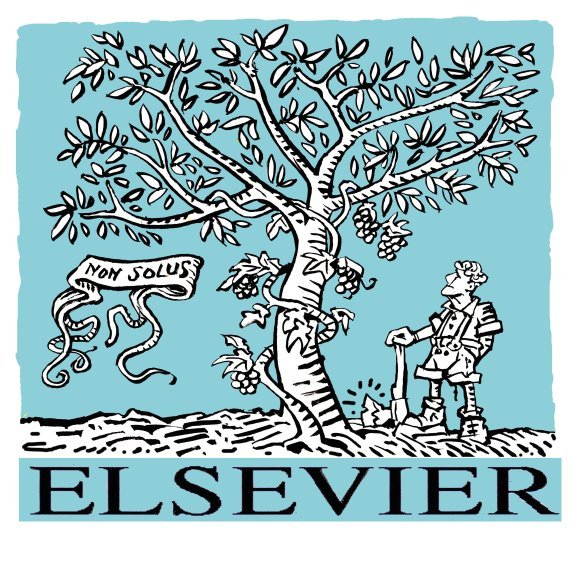© Henk van Ruitenbeek
This obligation is the core of what is called Plan S, which was announced yesterday by an international group of research financiers from eleven European countries. Through this initiative, the financiers from England, France, the Netherlands and other countries are putting pressure on the large publishing houses. According to the financiers, publishers such as Elsevier are not putting sufficient effort in the transition to open access publications.
Paywall
‘No science should be locked behind paywalls. It must be freely accessible to everyone who is interested’, explains Stan Gielen, chair of NWO. ‘Universities in many European counties are struggling in reaching agreements with large publishing houses. Meanwhile, these publishers are making exorbitant profits on activities that are mainly carried out by scientists. This has to stop. It is time for publishers to change their business models.’
Open access is not free either. And who is going to pay for that?
Richard Visser, Dean of Research
Richard Visser, Dean of Research at WUR, keeps a certain distance to the initiative. ‘Open access is not free either. With an average cost of 2500 euros per article, it can come down to a quarter of a million euros per year for a large group like mine (Plant Breeding). Who is going to pay for that?’ In Plan S, these costs are put on the financiers and/or the universities. Visser: ‘It seems obvious that the costs saved on subscriptions by the library will be used to this end. But how will this be implemented, and how will the funds be distributed?’
Professor Bram Buscher is happy with the attempt to force open access. But he fears that this will not change much about the fact that private publishers are making exorbitant profits from public funds. ‘Instead of paying at the receiving end through subscriptions, you pay at the entrance to get your article online. And that is something I am far from happy about.’ Earlier this year, Buscher even called for a boycott of Elsevier.
Freedom of choice
Hubert Krekels, director of Forum Library, seems surprised. ‘Making gold open access mandatory seems a bit much. About 90 percent of our current publications are not in that category. Will we be able to completely change this within two years?’ According to him, mandatory open access limits scientists’ choice of freedom regarding the platform they want to use for publication. ‘And not being able to publish in certain journals could have consequences for the assessments in tenure tracks.’
I have made the calculations before, and full open access publishing will cost the university an additional 300,000 euros.
Hubert Krekels, director Forum Library
According to Krekels, NWO thwarts VSNU’s strategy. They wanted to arrive at open access through negotiations. Furthermore, he doubts whether the measure is realistic. ‘Take the starting date of 1 January 2020, for example. That is very soon. If you send in an article six months from now, it will not be published before 2020. Therefore, they should hurry in making clear how things are supposed to work.’ Besides, Krekels is wondering about the financial consequences. ‘I have made the calculations before, and full open access publishing will cost the university an additional 300,000 euros.’
Positive influence
Buscher also doubts whether open access as proposed by NWO will be cheaper than the current practice. And, like Visser, he wonders who will pay for this open access. ‘If it is going to be the university, how will the funds be distributed? And if it becomes part of the funding received from financiers, does that mean you will only be able to publish if you receive grants?’
Dean of Research Visser wants to stay vigilant and keep an eye out to see if matters are not only made worse. ‘The publishers also exert positive influence. They make sure the quality of publications is upheld. That remains to be seen with many of the open access journals.’
Additional reading:
Open access: only halfway there
Science – 08 February 2018-In two years time, there must be open access to all scientific articles….
Time for action?
‘We must stand up to Elsevier’
Science – 25 January 2018-In the fight for open access, Dutch scientists should heed the example of…


